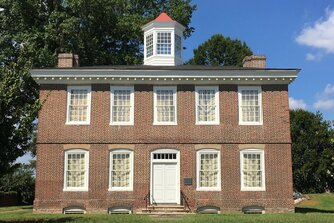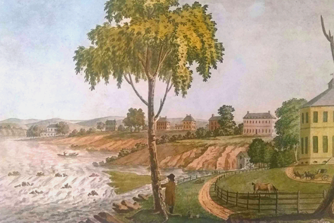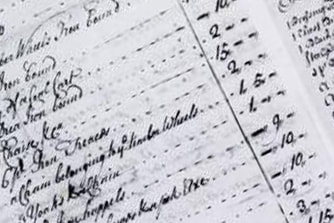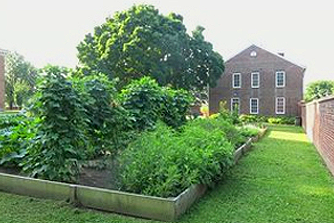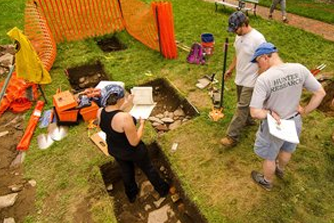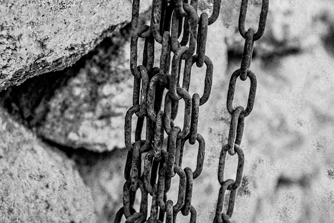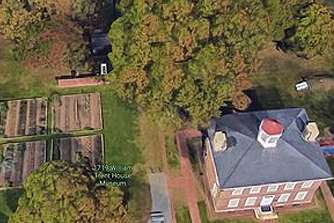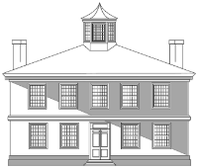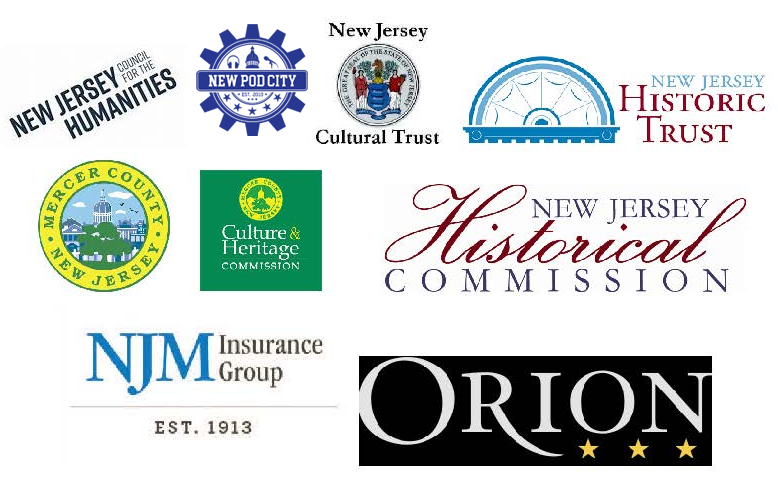What We Know
At the 1719 William Trent House Museum, we don’t just preserve history; we don’t just interpret history; we uncover history and help our visitors explore and reflect on the complex and rich history of our city, state, and nation.
|
The House
William Trent built his country home north of Philadelphia, in New Jersey, on ancestral lands of the Lenni Lenape people around 1719. It remained a private home until 1929, when it was donated to the City of Trenton. The House was restored in the 1930s by the Works Progress Administration and was dedicated as a museum in 1936 and opened to the public in 1939. Click image for more info. |
What We're Learning
|
Archival Research
Interns and volunteers continue to find documents related to occupants of the Trent House from Trent’s time on. Contact Us to learn more and to get involved. To learn more about the Trent family history, contact Jason Cherry, Trent House consultant researcher, at [email protected]. |

